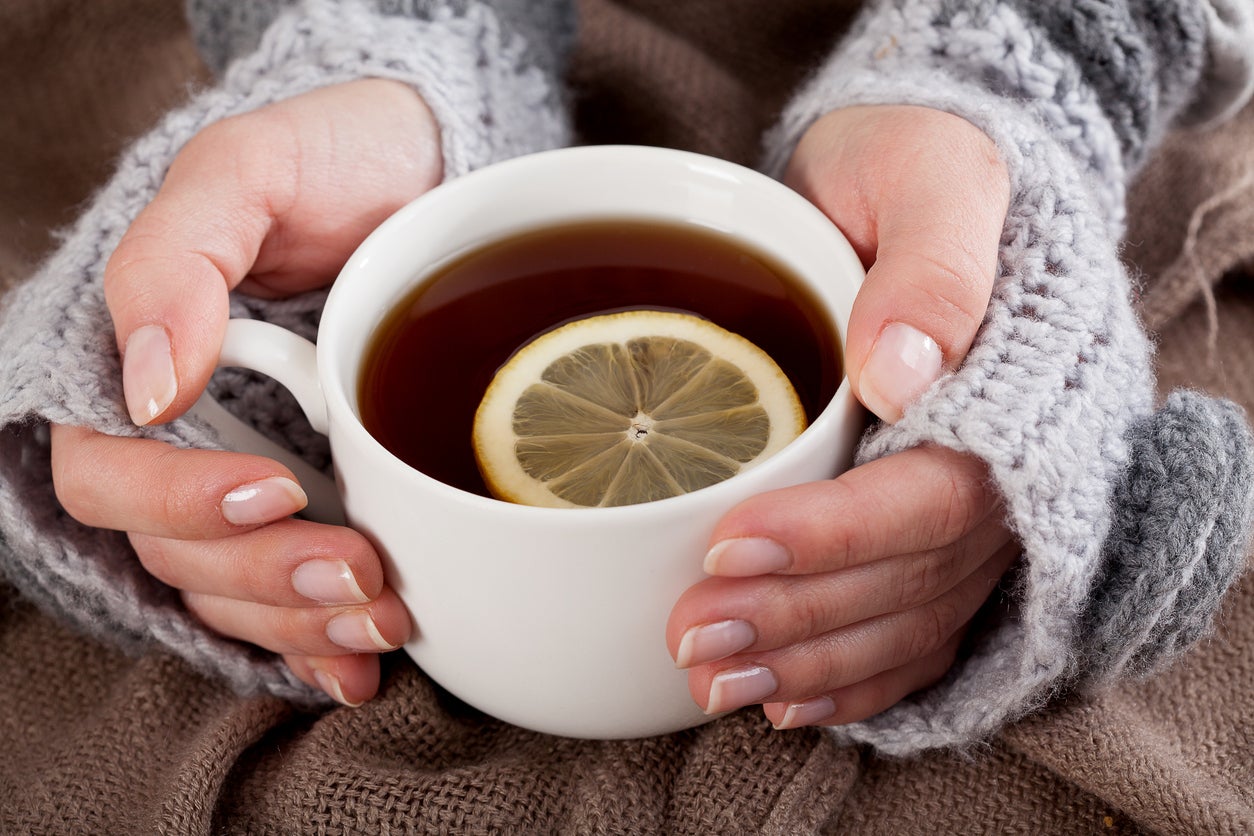The Independent's journalism is supported by our readers. When you purchase through links on our site, we may earn commission.
Consuming fruit teas and salt and vinegar crisps can cause tooth erosion, experts warn
Keep your teeth in tip-top condition

Your support helps us to tell the story
From reproductive rights to climate change to Big Tech, The Independent is on the ground when the story is developing. Whether it's investigating the financials of Elon Musk's pro-Trump PAC or producing our latest documentary, 'The A Word', which shines a light on the American women fighting for reproductive rights, we know how important it is to parse out the facts from the messaging.
At such a critical moment in US history, we need reporters on the ground. Your donation allows us to keep sending journalists to speak to both sides of the story.
The Independent is trusted by Americans across the entire political spectrum. And unlike many other quality news outlets, we choose not to lock Americans out of our reporting and analysis with paywalls. We believe quality journalism should be available to everyone, paid for by those who can afford it.
Your support makes all the difference.Frequently drinking fruit teas and eating salt and vinegar crisps could result in severe tooth erosion, experts have warned.
In between meals, it’s all too easy to turn to the teabags for a cleansing fruit tea or to indulge in a sweet or salty snack.
However, researchers at King’s College London have discovered that consuming acidic food and drinks, especially in between meals, could be extremely detrimental to the state of your teeth.
A study published in the British Dental Journal utilised research previously conducted by Guy’s Hospital, which assessed the diets of 300 people with signs of acute tooth erosion in comparison to the diets of 300 people with healthy teeth.
They concluded that drinking acidic drinks twice a day, including beverages such as soft drinks, water with a slice of lemon or hot fruit teas, could make a person’s chance of suffering from tooth erosion 11 times more likely.
Drinks with added fruit or fruit flavourings weren’t the only things found to be a leading cause of tooth erosion.
Other food products included fruit-flavoured sweets or lozenges and products that had been pickled or contained vinegar, such as salt and vinegar crisps.
Wine tasting was also noted as being potentially harmful to the state of a person’s teeth, as holding wine in one’s mouth for a long period of time isn’t advisable.
It’s not just what you eat or drink, but how often you do so that could gradually erode your teeth.
The researchers have theorised that a higher prevalence of snacking among both children and adults could also be to blame.
Dr Saoirse O’Toole, clinical lecturer in prosthodontics at King’s College London and lead author of the study, has commented on the findings from their research.
“It is well known that an acidic diet is associated with erosive tooth wear, however our study has shown the impact of the way in which acidic food and drinks are consumed,” she said.
“With the prevalence of erosive tooth wear increasing, it is vitally important that we address this preventable aspect of erosive tooth wear.
“Reducing dietary acid intake can be key to delaying progression of tooth erosion.”
Erosive tooth wear affects as many as 30 per cent of adults in Europe and can make teeth become far more prone to sensitivity.
Join our commenting forum
Join thought-provoking conversations, follow other Independent readers and see their replies
Comments